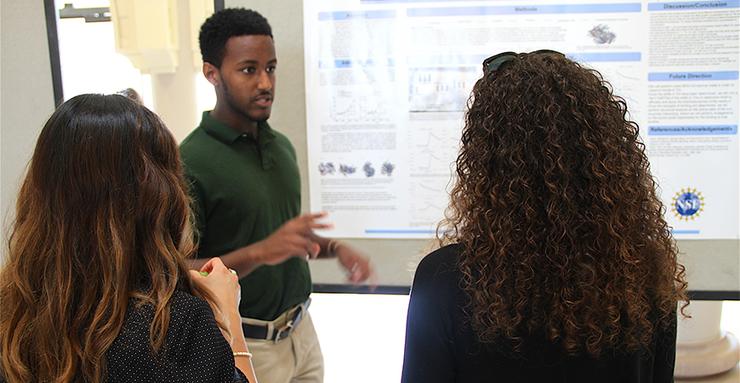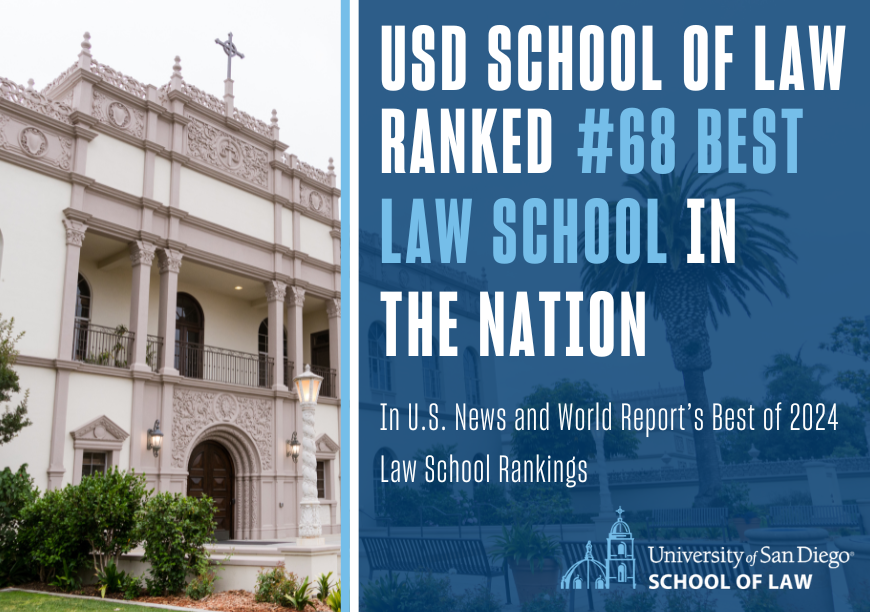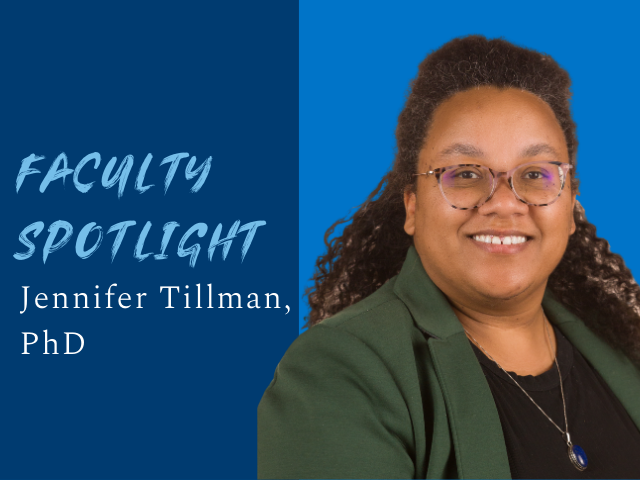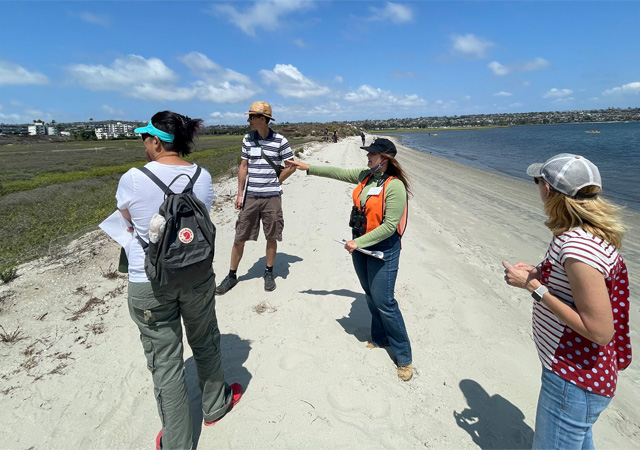REU Fellows Expand Knowledge Via Summer Research
 USD junior Daniel Ghebreigziabher discusses his NSF REU summer research project during a poster presentation session on August 10.
USD junior Daniel Ghebreigziabher discusses his NSF REU summer research project during a poster presentation session on August 10. The prospect of learning something new each day is true for everybody. For students in college, particularly those who’ve participated in this summer’s University of San Diego’s Research Experience for Undergraduates (REU) program via a grant from the National Science Foundation, the knowledge gained has been delivered over 10 weeks, but it can have a lifetime of impact.
The USD grant supported 11 REU Fellows — many of whom were new to having a research experience at the college level — in collaborative, interdisciplinary research that paired them with USD faculty members in chemistry and biochemistry, physics and biophysics, engineering, environmental and ocean sciences, mathematics and computer science. Each research project, in some way, studies or deepens students’ knowledge on factors leading to or the impact of climate change through multiple approaches and disciplines.
Research Knowledge on Display
On Thursday afternoon in the Shiley Center for Science and Technology Atrium, this year’s cohort — some currently attending USD, some who are military veteran students, one student from Texas and some who’ve completed community college and are transferring to UC Riverside, University of California, Berkeley and UC San Diego, respectively, this fall — gave poster presentations to visually display and discuss the knowledge they’ve gained this summer.
Poster presentations (with USD faculty denoted) were given by Denisa Ivan (Chemistry and Biochemistry’s David De Haan); Andrew Boghossian (Physics and Biophysics’ Ryan McGorty); Daniel Ghebreigziabher (Chemistry and Biochemistry’s Joseph Provost); Diana Tamayo (Environmental and Ocean Sciences’ Nathalie Reyns); Isabel Paredes (Mathematics’ Jane Friedman); Jayna Lizama (Environmental and Ocean Sciences’ Drew Talley); Joshua Wilson (Chemistry and Biochemistry’s Tim Clark); Luis Garcia and Nathan Kramer (Mechanical Engineering’s Daniel Codd); William Bentley (Physics and Biophysics’ Rae Anderson); and William Sherwin (Chemistry and Biochemistry’s Joan Schelinger).
Learning, Growing
While the disciplines covered by the REU were specific, some students participated in research areas that, while not exactly in their regular area of study, did not deter from their desire to learn.
“I learned MATLAB and LaTeX and this project allowed me to find other things to learn about,” said Paredes, a first-generation student who came into the REU with experience and interest in engineering and chemistry, the latter stemming from her participation in a previous and different REU. At USD, Paredes worked with Friedman, who marveled at her student’s quick-pick-up of programming and her desire. Friedman said a published paper will emerge from their project regarding improved math modeling of Biomass Allometry using Particle Swarm Optimization (PSO). Paredes, a Navy veteran, will be transferring to Berkeley this fall.
Ghebreigziabher, a USD biochemistry major and pre-med student, has been doing research during the academic year. This summer’s REU program gave him a chance to expand his knowledge working with proteins and with Joe Provost. During the year, Ghebreigziabher works on a DNA-oriented project in USD Biochemistry Assistant Professor Anthony Bell’s lab.
“There’s no amount of work that’s too much for me,” said Ghebreigziabher. “It’s all about the tools you can have. This summer has been a chance for me to gain more experience, do more troubleshooting, analyzing the whole picture and to do more critical thinking.”
Joshua Wilson, a Navy veteran who is heading into his senior year at USD, worked in the lab of USD alumnus and Chemistry Professor Tim Clark. Wilson was familiar with Clark as the latter serves as his academic advisor and was his organic chemistry class professor. The summer research project, one that examines phosphine directed C-H borylation, was preliminary stage of work that will continue this academic year and could be presented at a conference as well as USD’s Creative Collaborations in spring 2018.
Denisa Ivan, who attends St. Edwards College in Austin, Texas, examined the effects of aerosol-phase browning in glyoxal reactions with ammonium salts/chloride. Asking two questions — does the reaction between ammonium sulfate/chloride and glyoxal form brown carbon? and does formation of brown carbon favor one reaction over the other? — Ivan reached a few conclusions, but the project is a work in progress. For her first foray on a college-level research project Ivan felt it was a great opportunity “to look at a problem step by step to reach a solution. I learned to think faster on my feet. I feel a lot better now that I want to pursue this kind of research.”
Nathan Kramer, a USD student and Marine Corps veteran, and Luis Garcia, a local community college student who is transferring to UC Berkeley, worked with Shiley-Marcos School of Engineering Mechanical Professor Daniel Codd. The project’s goal was to develop a hybrid solar converter featuring transmissive photovoltaics. This project is a response to there being little work being done in the renewable energy sector to find sustainable solutions to industrial process heat applications.
Kramer and Garcia both expressed their appreciation for the resources they had to work with during the summer, the mentorship and guidance provided by Dr. Cod and the experience they gained these past 10 weeks.
Another REU Fellow, Jayna Lizama, is preparing to attend UC Riverside to study environmental studies. She gained firsthand knowledge of marine ecology through research she did as a member of Drew Talley’s team. She and others utilized stable isotope analysis to understand the trophic position of Fundulus parvipinnis (California killifish) in San Diego’s Mission Bay marsh.
“I love learning new things. This project was definitely a good introduction for me going out and working in the field,” Lizama said. “I feel more confident about doing research and I’m very comfortable working together in the lab.”
That’s definitely the reward for learning. Every day.
— Ryan T. Blystone



